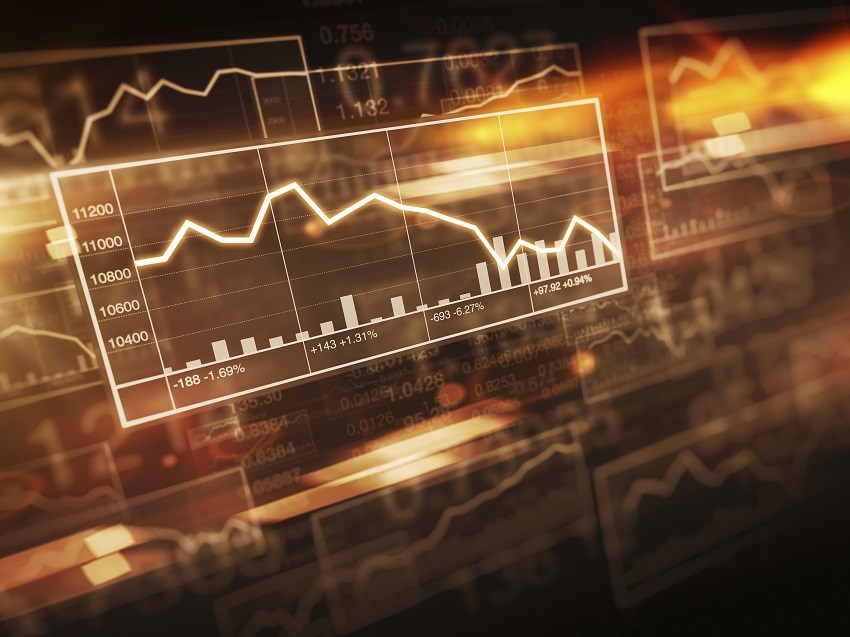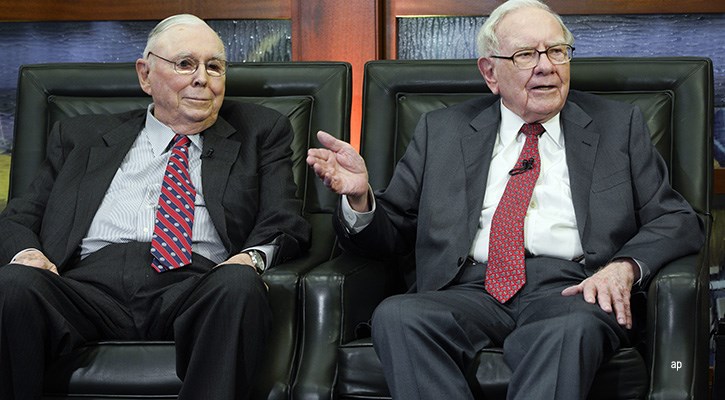
There is nothing pleasant about the current financial market volatility. In a time of war, high inflation, and a looming possibility of a recession, even the most logical investors can have trouble staying on track.
One of the tips making the rounds on social media (and among some of my family and friends!) is to get out of the market. During times of heightened market volatility, it’s natural to want to follow the crowd. This is a common phenomenon known as “herding behaviour”.
According to Investopedia, “herd instinct is a behaviour wherein people join groups and follow the actions of others. It occurs in finance when investors follow the crowd instead of their own analysis. It can create market bubbles or market crashes via panic buying and panic selling”.
The dotcom bubble of the late 1990s and early 2000s and the COVID-19 induced market crash in March 2020 are prime examples of the effects of herd behaviour.
Why Investors Follow the Crowd
According to the Morningstar Behavioral Sciences team, this behaviour has four key-drivers.
- Investors are more prone to herding behaviour when making difficult decisions. “In everyday life, when we’re not sure about something, it’s usually a good idea to follow the crowd. This is an example of our ‘System 1’ in action, in which our minds find ways to take a shortcut instead of solving a complex problem. So, if investors are not confident about their investing-related expertise, their minds may automatically choose to follow the crowd. And unfortunately, when it comes to finances, the crowd is usually running in the wrong direction”, said Morningstar researchers Samantha Lamas and Steve Wendel.
- Herding bias is especially prevalent during times of uncertainty. We really are in a period of flux and regime changes. It’s hard to say what will be the impact of a long-lasting war in Ukraine on our lives and finances. Moreover, the previous 30 years (1991–2020) were generally marked by declining interest rates and benign inflation, creating a favorable environment for both stocks and bonds. But both measures are now reversing course.
- Going against the crowd is emotionally draining and can even be physically uncomfortable. Our instincts tell us to fit in and not be left behind.
- Not following the crowd requires us to engage the more rational side of our minds and make a more logical choice. Unfortunately, that requires attention and, right now, an investor’s attention is already juggling multiple concerns like the increase of energy and food prices, and supply chain issues.
What Can Investors Do?
Avoid panicking in turbulent time, can help investors to stay on track with their financial plans.
As Nobel Prize, Richard H. Thaler said at 2022 Morningstar Awards for Investing Excellence in Italy, “most individual investors are better off using a rule. And the reason is, their instincts are all wrong. They buy high, sell low”. A nudge can encourage us to engage the logical side of our brain. It can remind investors that those who stayed the course with their investments during the global financial crisis in 2008 did recover and saw positive returns within a few years.
Investors are at greater risk for herding behaviour when they are uncertain about their current situation. This is a great time to check with your financial adviser whether your portfolio is still well-positioned to reach your financial goals or it must be rebalanced.
Finally, you can try to think differently. Market volatility should be a good time for buying undervalued stocks. “U.S. stocks are trading at a rarely seen discount”, said Dave Sekera. “The current level of undervaluation is the greatest discount to fair value since the emergence of the pandemic in March 2020 and the growth scare that sent stocks lower in December 2018”.




















